The internet has woven itself into the very fabric of our daily lives. Whether it’s working from home, staying in touch with loved ones, or simply finding entertainment, everything is now at our fingertips. While these advancements are remarkable, they come with a hidden cost, one that many parents might not even notice at first: internet addiction. The rapid rise of online activities has led to increasing concerns about the impact of excessive screen time on mental health, especially among children and adolescents. But what exactly is internet addiction? Why are some children more vulnerable to it than others? And most importantly, what can you as a parent do to help? As a parent, you might wonder, “Could my child be addicted to the internet?” Recognizing the warning signs early is key to preventing further damage.
Internet addiction is increasingly being recognized as a mental health disorder. Although it is not yet formally categorized as a mental disorder in the Diagnostic and Statistical Manual of Mental Disorders (DSM-5), there is growing support for its inclusion. The World Health Organization (WHO) has already recognized gaming disorder in its latest International Classification of Diseases (ICD-11) as a similar behavior.
What makes internet addiction similar to other disorders is the way it impacts daily life. Psychologists have compared it to gambling addiction because both conditions involve compulsive behaviors that disrupt daily functioning. Mark Griffiths, a noted researcher on technology addiction, describes internet addiction as a behavioral addiction, where users experience six main symptoms:
- Salience: The internet dominates the user’s thoughts and behaviors.
- Mood modification: The internet is used as an escape or a way to alter mood.
- Tolerance: Users need more time online to achieve the same emotional effect.
- Withdrawal symptoms: Anxiety, irritability, or depression when not using the internet.
- Conflict: Internet use interferes with relationships, work, or education.
- Relapse: Returning to excessive use after trying to cut down.
These symptoms mirror those seen in other addiction disorders, making internet addiction a real concern for mental health professionals. The fact that internet addiction leads to changes in brain function, particularly in areas related to reward and impulse control, further solidifies the argument for it being a disorder. Studies using neuroimaging have shown that excessive internet use can alter brain chemistry, similar to how drug addiction affects the brain.
The Social and Emotional Consequences of Internet Addiction
One of the most worrying effects of internet addiction is social isolation. You might think that being constantly connected to friends online means your child is socializing, but the reality can be quite the opposite. Despite the endless chats, likes, and comments, many children become detached from real-life relationships. Instead of spending time with family or participating in group activities, they retreat further into their virtual worlds.
Take the case of Ravi, a 14-year-old from Mumbai. Ravi loved playing online games with his friends. It started as a way to relax after school, but soon, it became all he thought about. He spent up to 10 hours a day gaming, missing family dinners, avoiding homework, and skipping soccer practice. His parents thought he was “just having fun,” but over time, they noticed how withdrawn he had become. He rarely spoke to them, and his once-close group of friends began to drift away.
Ravi’s story highlights a critical point: internet addiction can lead to emotional and social isolation, even as it creates an illusion of connection. Many children suffering from this condition might feel lonely, despite the constant buzz of online interactions. As they spend more time online, they also experience declines in their school performance, struggle with time management, and find it harder to focus on their responsibilities.
How Internet Addiction Affects a Child’s Development
Beyond the emotional toll, internet addiction can interfere with a child’s overall development. One of the most immediate effects parents notice is a drop in academic performance. Children who spend excessive time online often neglect their schoolwork. Their attention spans shorten, and they struggle to focus during classes. Teachers may report that they seem distracted or uninterested.
Consider Ananya, a 16-year-old high school student from Bengaluru. Initially, she used her phone to study and connect with friends. But as time went on, her phone became her lifeline, and she spent hours on social media and watching videos. Ananya’s grades dropped dramatically, and she felt overwhelmed by the backlog of homework. Her parents initially thought she was simply going through a phase, but her inability to balance her studies and online life soon became apparent.
If this sounds familiar, it’s time to take action. Children like Ananya often feel overstimulated by the internet, and their brain’s reward system can become dependent on the instant gratification provided by online activities. When a child starts choosing screen time over schoolwork or other responsibilities, this could be a red flag that something deeper is at play.
Additionally, internet addiction can lead to physical health problems. Children who are glued to screens for hours tend to develop poor posture, eye strain, and even sleep disorders. The constant exposure to blue light from screens can interfere with their natural sleep cycles, making it harder for them to fall asleep at night. As a result, they may feel tired and irritable throughout the day, further impacting their ability to focus and function.
Mental Health Consequences: A Growing Concern
Perhaps one of the most significant concerns linked to internet addiction is its impact on a child’s mental health. While using the internet as an occasional escape can be harmless, over-reliance on it can lead to feelings of anxiety, depression, and low self-esteem. Children who spend excessive time online often compare themselves to others, whether it’s through social media or in online games. This comparison can create feelings of inadequacy and body image issues, especially among adolescents.
In more extreme cases, internet addiction has been linked to suicidal thoughts. The constant need to escape reality, combined with the isolation that often accompanies addiction, can lead children to feel trapped and hopeless.
Recognizing the Warning Signs of Internet Addiction
So, how can you, as a parent, recognize if your child is suffering from internet addiction? Here are some key warning signs to look out for:
- Increased time online: Your child spends long hours on the internet, often losing track of time. They become upset or irritable when they cannot be online.
- Neglecting responsibilities: Schoolwork, chores, and other responsibilities take a backseat as they prioritize their online activities.
- Withdrawal from family and friends: Your child no longer wants to spend time with family or participate in offline social activities. They might cancel plans just to stay online.
- Changes in mood or behavior: Your child may seem anxious, restless, or even depressed when not connected to the internet. Their mood may dramatically improve only when they are back online.
- Decline in physical health: You might notice your child developing poor posture, complaining of headaches or eye strain, or experiencing trouble sleeping.
The Role of Parenting and Early Intervention
As a parent, it’s natural to feel overwhelmed when you realize your child may be struggling with internet addiction. But the good news is, with the right support and intervention, you can help them regain control.
- Set healthy boundaries: Encourage your child to balance their screen time with other activities. Set daily time limits for non-essential internet use, and make sure they engage in offline hobbies like sports, reading, or spending time outdoors.
- Model balanced internet use: Children often mimic their parents' behavior. Show them how to use the internet responsibly by setting boundaries for yourself as well. Engage in family activities that don’t involve screens, such as board games or cooking together.
- Create tech-free zones: Establish areas in the house where the use of digital devices is restricted. For example, make family mealtimes and bedrooms screen-free to encourage better communication and sleep habits.
- Seek professional help if needed: If your child’s internet addiction is severe, don’t hesitate to seek help from a mental health professional. Therapists, particularly those trained in cognitive-behavioral therapy (CBT), can help children develop healthier online habits and address any underlying emotional issues.
Global and Local Policies to Combat Internet Addiction
Recognizing the detrimental effects of internet addiction, many countries have implemented laws and policies to curb excessive internet use. China and South Korea have some of the strictest measures in place, including mandatory time limits for online gaming. In South Korea, for example, the Shutdown Law bans anyone under 16 from playing online games after midnight.
In India, while there are no national laws specifically targeting internet addiction, several steps have been taken to address the issue. For instance, the Information Technology (Amendment) Act of 2008 includes provisions for regulating cyber activities, including the misuse of the internet. Additionally, Indian schools are increasingly adopting digital detox programs, encouraging students to reduce screen time and engage in offline activities.
Moreover, policymakers are beginning to understand the need for digital literacy programs that emphasize responsible internet use. These programs are being rolled out in both urban and rural areas, educating children and parents about the risks of internet addiction and offering strategies for balanced usage.
What Can Be Done: A Holistic Approach
While regulations and treatment centers are essential, internet addiction ultimately requires a holistic approach. Parents, teachers, employers, and governments all have a role to play in ensuring responsible internet use.
- Parents should set screen time limits for their children and engage them in offline activities such as sports, reading, and family interactions.
- Can implement media literacy programs to teach students about the dangers of excessive internet use and help them develop self-regulation skills.
- Should create policies that restrict internet misuse in the workplace while also encouraging breaks to reduce screen fatigue.
- Campaigns can raise awareness about internet addiction and offer resources such as helplines and counseling services to those in need.
In the end, the goal is not to demonize the internet but to foster a balanced relationship with technology. The internet can be a powerful tool for education, communication, and entertainment, but when overused, it can lead to serious consequences. By understanding the signs of addiction, implementing appropriate policies, and promoting digital wellness, we can ensure that the internet remains a force for good in our lives.
Internet addiction is a growing concern, but with early intervention and proper support, you can help your child navigate the digital world without losing touch with reality.
TAGS: DSM-5 , WHO, gaming disorder, ICD-11, Mark Griffiths, addiction disorders
Disclaimer:
All characters and events depicted in this blog are entirely fictional. Any resemblance to actual persons, living or dead, is purely coincidental. The content is intended for informational purposes only and should not be considered as medical advice. Always consult a qualified healthcare professional for medical concerns.
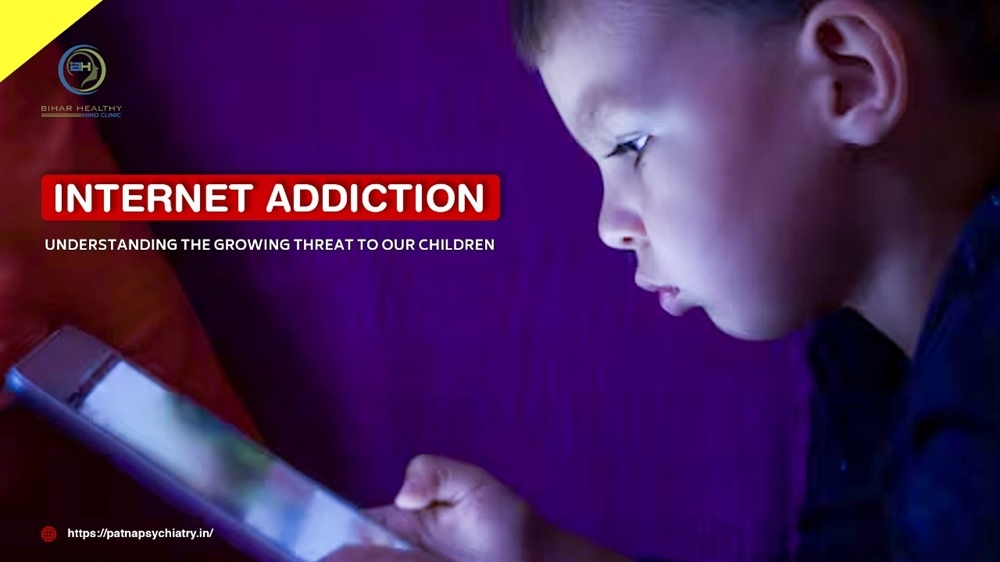

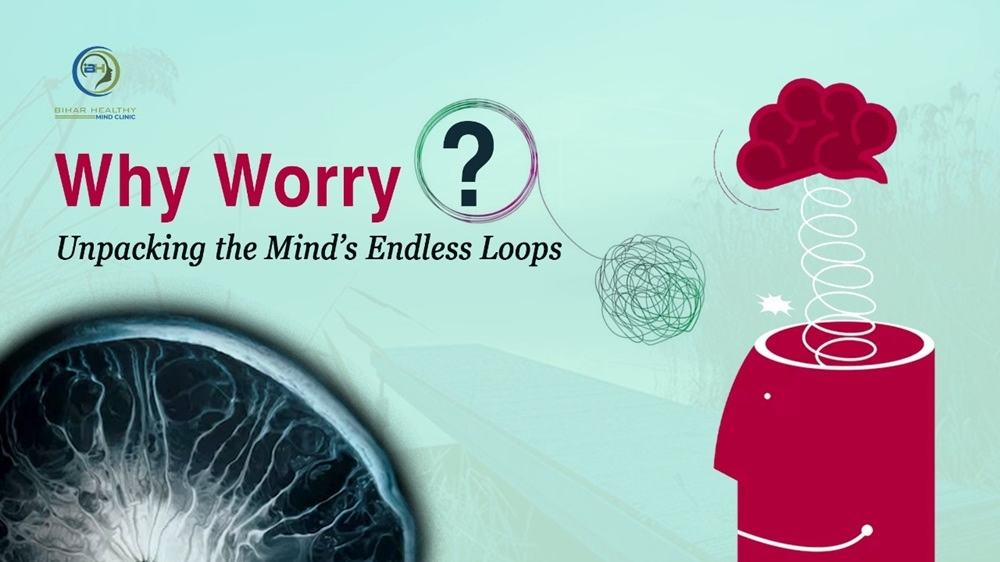
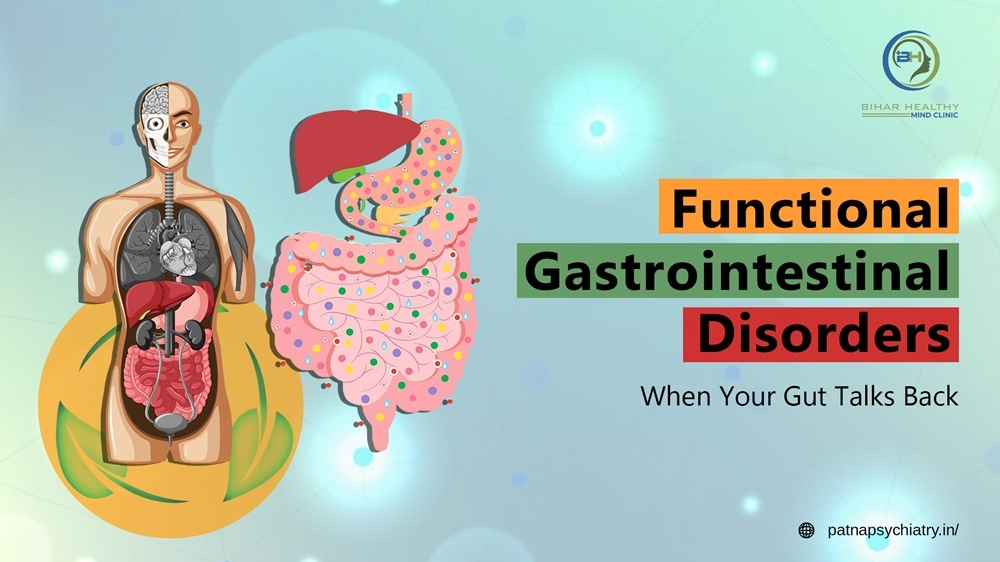
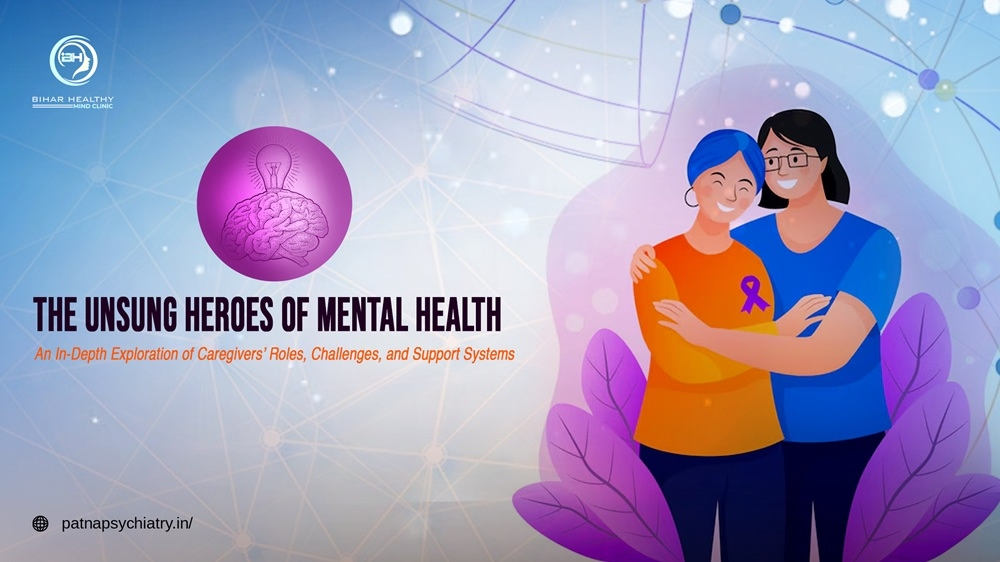
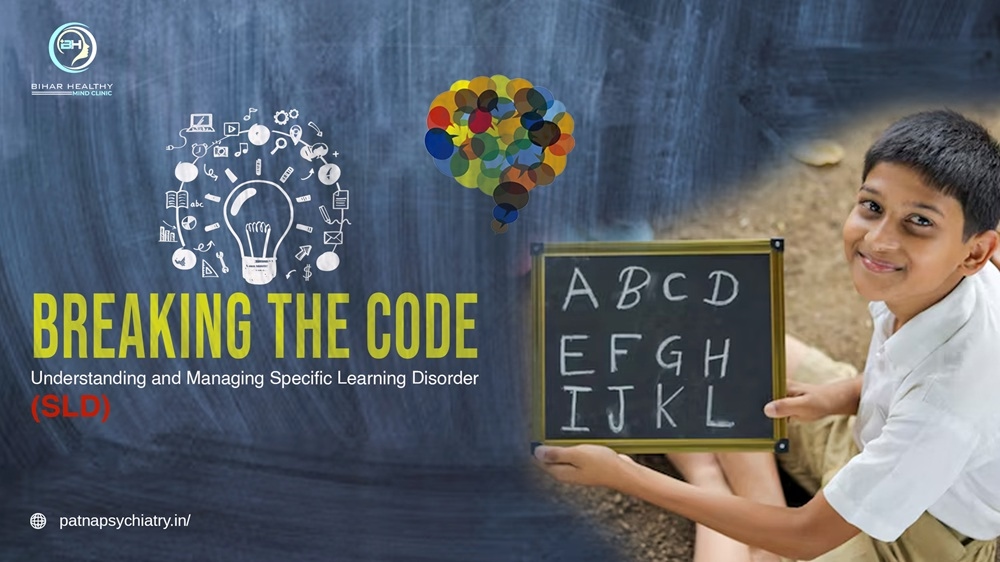
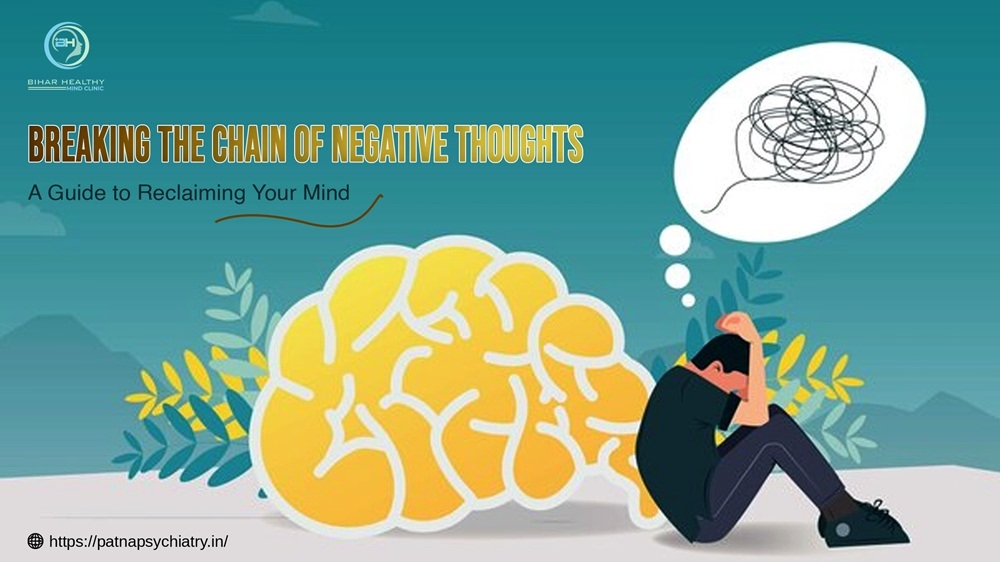
We are a bunch of volunteers and starting a new scheme in our community.
Your website offered us with valuable info to work on. You've performed an impressive process and our entire neighborhood will
probably be thankful to you. https://menbehealth.wordpress.com/